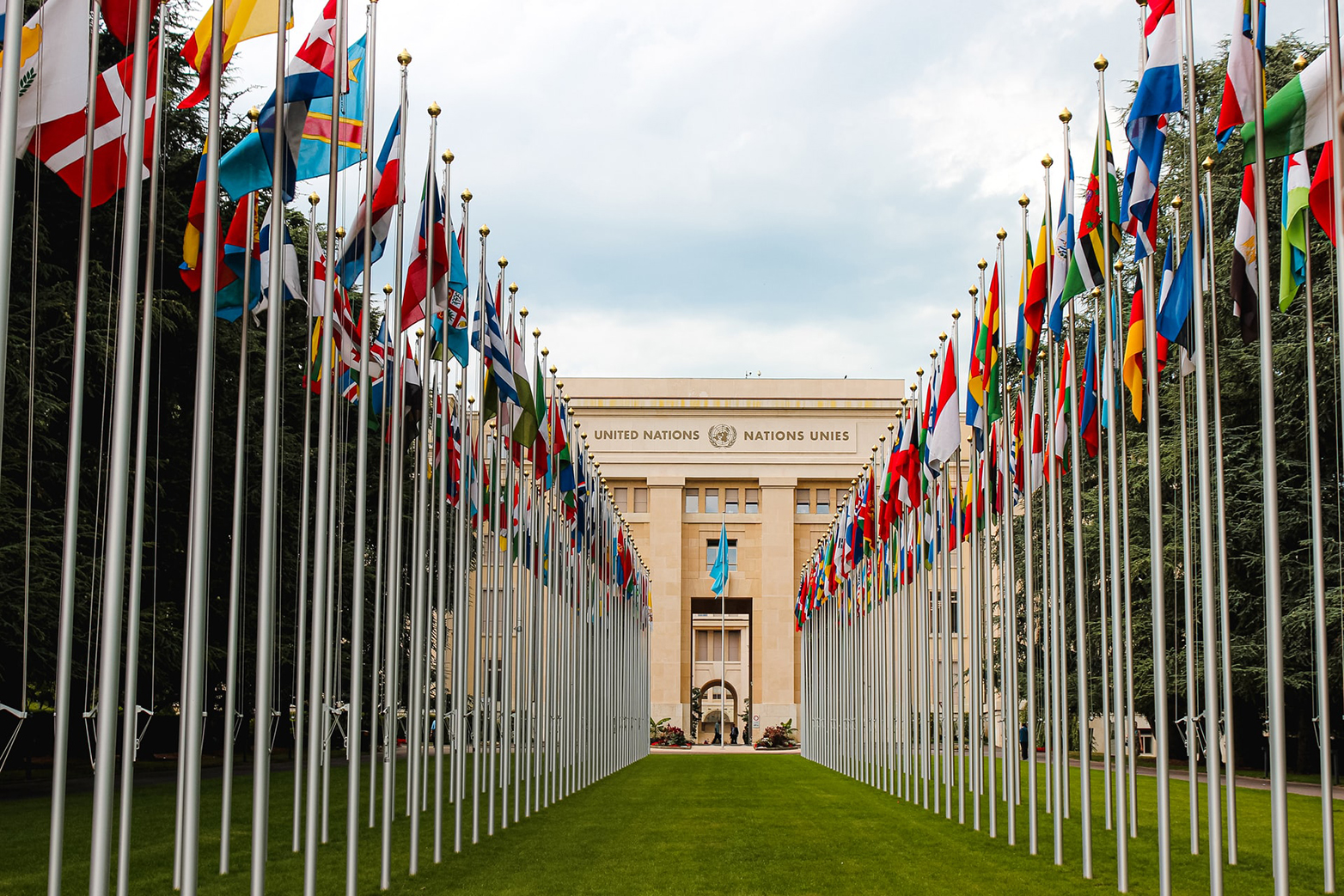Ein nichtständiger Sitz im UNO-Sicherheitsrat: Die Rolle von Verteidigungsministerien und Armeehauptquartieren in einem länderspezifischen Vergleich
For the first time, Switzerland is currently running for a seat as a non-permanent member of the UN Security Council (SC). The aim of this CSS Study by Fabien Merz is to shed light on experiences and best practices made in other countries with regard to the role and tasks of defense ministries (DM) and army headquarters (HQ) in the context of a SC membership. For this purpose, interviews were conducted with representatives of the DM and HQ from Sweden, Germany, Belgium, Ireland and Norway.

To the publication (in German)
The prospects for Switzerland to be elected to the SC at the UN General Assembly in summer 2022 for the period from 2023 to 2024 are very good. The Federal Council sees this step as a logical continuation of Switzerland's previous international commitment. By having a seat in the SC, the Swiss government promises, among other things, that it will be able to help shape the international environment and work towards the constitutional goals of preserving the independence and security of Switzerland and promoting a more just and peaceful international order.
Careful preparation for a seat on the SC has been also repeatedly given fundamental importance. Against this background, the aim of this study is to shed light on experiences and best practices made in other countries with regard to the role and tasks of DMs and HQs in the context of SC membership.
The following questions are specifically dealt with:
1. With what level of ambition did the respective DM / HQ support and accompany taking a seat in the SC?
2. What role, task and workload for the DM / HQ resulted from the membership in the SC?
3. What specific challenges did the SC mandate imply for the DM / HQ?
4. To what extent were the DM / HQ involved in setting key topics?
5. What expertise was expected from the DM / HQ?
6. What were the requirements for the DM / HQ with regard to the periodic mandate renewals of the UN peace missions?
7. What advantages and trade-offs for foreign and security policy have been noticed after the SC mandate expired?